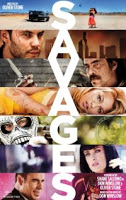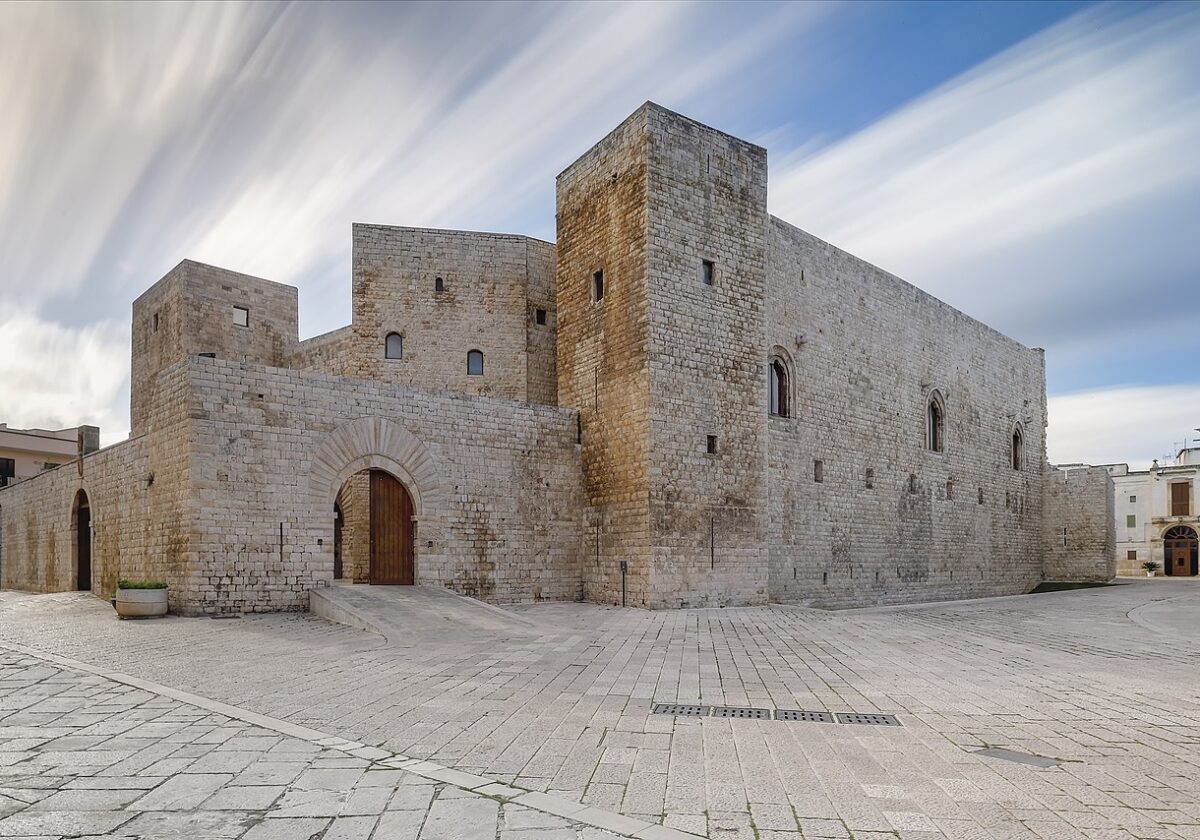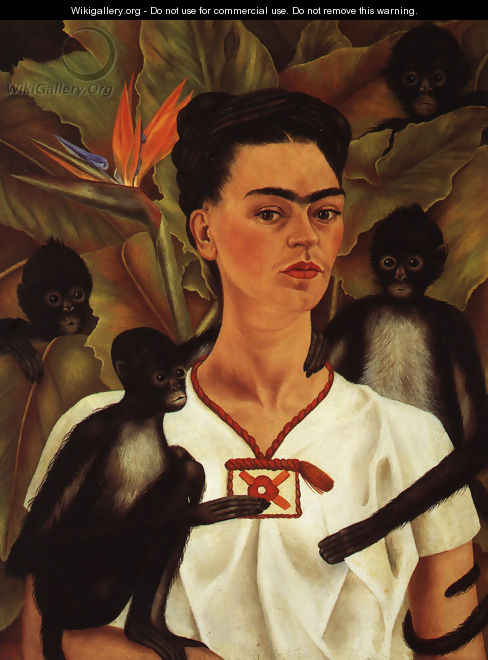Last week, I heard about the upcoming Oliver Stone movie, Savages, adapted from the novel by Don Winslow, about a lethal Mexican drug cartel, starring Taylor Kitsch, Blake Lively, Aaron Johnson, John Travolta, Uma Thurman, Benecio Del Toro, Salma Hayek, Emile Hirsch and Demian Bichir.

And, I thought yes, this sounds BADASS! I respect Salma Hayek and Benicio Del Toro as veteran Latino actors. I marveled at action movies Machete and Grindhouse. Then… I learned Salma would be portraying the head of the Mexican drug cartel and Benicio Del Toro is playing her macho enforcer, who kidnap Blake Lively.
Now that is sort of kickass, an empowered female lead as the head of ruthless outlaws but how many merciless drug cartels do you know of that are run by women, especially in Mexico? I know, I know, it’s fiction, you’re saying. But this is where the dichotomy of my internal struggle plays outs in a variety of perspectives explained below begin.
I’m glad Hollywood is putting the any spotlight on serious issues like violence, drug smuggling and corruption and bloodthirsty gangs south of the border. I’m glad Latino actors are able to have long standing careers in the media and are included in ensemble summer blockbuster films. I’m glad authors are still cashing in on movie deals and we’re seen original films on the big screen. And… It’s nice that Salma isn’t playing a maid or a nanny.
However, …. (and this is of course, speculative, since I have not seen the movie, and can only base my thoughts on what I’ve read so far) we see the same cliched tropes of the villainous, foreign Other – the merciless, brutal, and of course, hyper-sexualized – monsters with no humanity here fused with the old tired tropicalist tropes of the spitfire latina and the primitive macho exotic. Never mind, that Benicio Del Toro, who is Puerto Rican and Hayek, of dual Arab and Mexican descent, are both being portrayed, no, objectified unabated as “Savages.”
I write this not to point the obvious or air a tired argument but to open a discourse – to note that I too sometimes get sucked into these popular pan-ethnic constructions that highlight the terror of violence, corruption, and drugs and simultaneously exploit the narrative from a very racialized and gendered angle. That I, as a latina, as a feminist, take issue with this film’s concepts and framework but I will probably in all honesty, see it when it comes out this summer.
And, I know, I am probably not alone, as the country analyzes and deconstructs who gets to wear a hoodie and what exactly denotes a vicious, unwarranted crime perpetrated on a child, we should all be introspective about our own bias but we should also keep a careful eye on what the media is producing, glamorizing and hawking as prescribed identities and their context within popular culture and society.







I'm sure you're right to be wary, but I'm going to reserve judgment until I've actually seen the film – especially knowing that Salma has expressed concern in the past about Hollywood's negative Latino tropes.
true religion outlet
true religion jeans
true religion jeans
true religion jeans outlet
true religion outlet
true religion jeans
true religion jeans
true religion canada
true religion outlet
true religion jeans
toms outlet
toms outlet store
toms shoes
toms outlet
timberland shoes
timberland boots
tiffany outlet
tiffany and co
tiffany outlet
tiffany jewellery
thomas sabo uk
thomas sabo outlet
swarovski outlet
swarovski crystal
swarovski outlet
swarovski crystal
swarovski outlet
swarovski crystal
swarovski jewelry
swarovski crystal
soccer jerseys
soccer jerseys wholesale
rolex watches
rolex uk
rolex watches
rolex watches for sale
ray ban sunglasses
xiezepeng 16 02 24